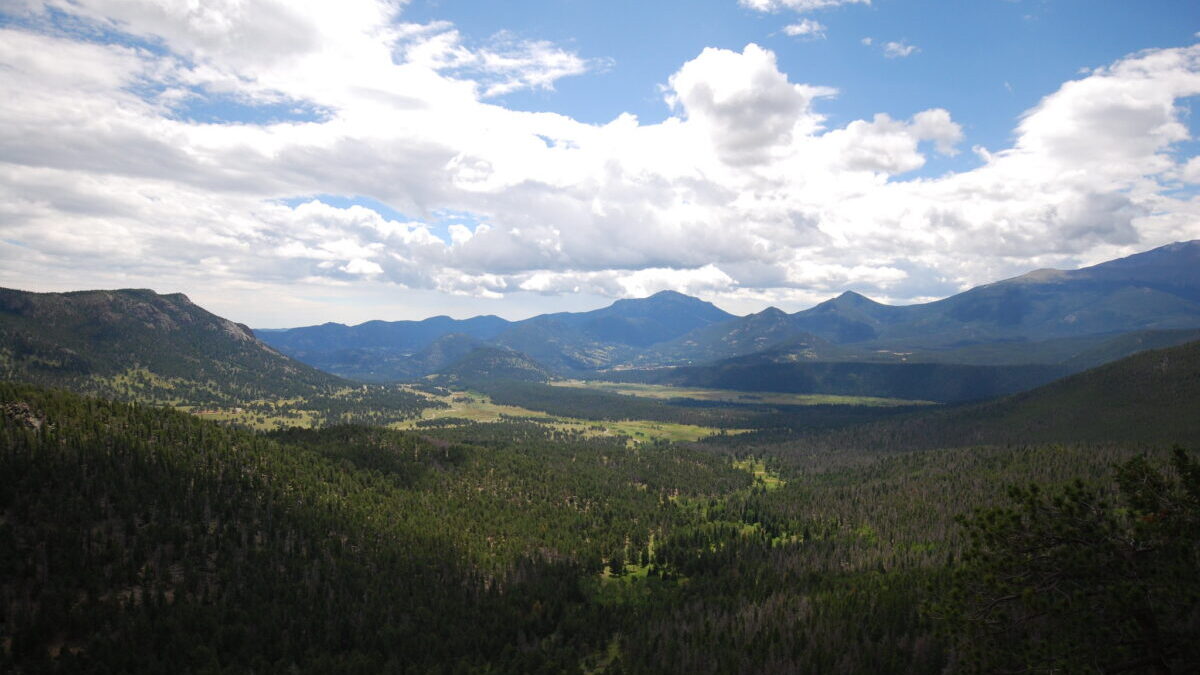House Democrats will continue to vilify oil producers next week in an effort to cast blame on the industry for high energy prices after congressional lawmakers held a series of hearings complaining corporations were engaged in producing any oil and gas at all. Tax revenues from the nation’s lucrative resources, however, fund the same conservation programs Democrats proudly claim to protect.
Earlier this month, Arizona Democrat Chairman of the House Natural Resources Committee Raúl M. Grijalva asked executives from EOG Resources, Devon Energy Corporation, and Occidental Petroleum to appear before lawmakers to “examine the fossil fuel industry’s failure to help stabilize American gasoline prices.” Gas prices eclipsed their 2008 peak in the first half of March, reaching a nationwide average of $4.33 per gallon, and remained within 10 cents of the new high Monday afternoon at $4.25 per gallon, according to a AAA tracker.
Democrats: Big Oil Is Evil
“In response to rising gas prices, the fossil fuel industry and its proponents have ramped up pleas for more oil and gas development on U.S. public lands and waters,” Grijalva’s office wrote in a press release. “These demands contradict the fact that fossil fuel companies are currently sitting on millions of acres of non-producing leases and hold more than 9,000 approved, but unused permits for drilling on public lands and waters.”
Those 9,000 permits, however, don’t mean producers are sitting on rights to extract untapped reserves at the flip of a switch. Considering the profitability of oil in the current moment, such conduct would be corporate malpractice.
Rights of Way (ROW) permitting, which can take years to approve, is still required, along with the capital needed to drill. And uncertainty about operations on federal lands, prompted by the White House, has held back the investment needed to ramp up operations. Meanwhile, another 4,600 permits to drill are awaiting approval from the Interior Department’s Bureau of Land Management run by an ecoterrorist.
The hearing scheduled for April 5 follows the quiet cancellation of the House Oversight Committee Democrats’ March 8 hearing with oil executives as domestic energy production was unable to counter the overseas turmoil interrupting the global oil market after being suppressed by the Biden administration.
In February, Democrats held their second in a series of hearings to indict “big oil” as “big tobacco,” where industry executives are dragged before Congress and made villains over the consequences of their products.
Despite the parallel lacking nuance — considering that oil and gas production has opened the door to unprecedented flourishing and with it, the ability to navigate global unrest and adapt to a changing planet — Democrats pushed onward in their crusade to demonize the industry even as power prices continued to skyrocket.
“Twenty-seven years ago, seven tobacco executives appeared in this room before Congress. Rather than admitting the truth about their product, the executives lied,” Oversight Chairwoman Carolyn Maloney of New York said in her opening statement at the first hearing in October. “This was a watershed moment in the public’s understanding of big tobacco. I hope that today’s hearing represents a turning point for big oil.”
The committee featured a panel of experts on energy and the environment in its second meeting, and will reconvene a third hearing in March bringing back industry representatives.
Big Oil Contributes Billions to Land Conservation
The day after Democrat lawmakers railed against the industry in the February hearing, officials from the Biden administration celebrated “game-changing” and “historic” financial commitments to conservation programs from the Great American Outdoors Act (GAOA) signed by President Donald Trump in 2020. The funding came from oil and gas profits, but officials testifying before the National Parks Subcommittee of the Senate Energy and Natural Resources Committee made no mention of the donors.
The GAOA enhanced two endowments for the preservation of public lands. The National Parks and Public Lands Legacy Restoration Fund (LRF), established by the GAOA, provides up to $1.9 billion a year to meet the needs of a $20 billion maintenance backlog. The Land and Water Conservation Fund (LWCF), which previously relied on variable appropriations, was given permanent funding of $900 million on an annual basis paid from oil and gas revenues. The same industry provides at least half the funding of the LRF established by the GAOA.
While the Interior Department has not released exact numbers on industry donations to the LRF, data from the Office of Natural Resources Revenue shows the federal government raked in more than $4 billion in oil and gas revenues, half of which is stipulated by the GAOA to be deposited in the LRF until the $1.9 billion dollar cap is reached.
Congress has historically appropriated approximately a billion in additional funding to maintenance projects on federal lands, making contributions from the energy industry double what lawmakers typically provide.
“Generally speaking, there’s not much awareness that energy revenues are contributing to these conservation programs,” Scott Cameron, who served as the Interior Department’s acting assistant secretary for policy, management, and budget under President Donald Trump, told The Federalist.
The industry, however, is at the center of environmental rage from Democrats, outdoor corporate retailers, and left-wing activists who place blame for land degradation entirely on oil and gas producers despite improper management by government officials and overcrowded parks bringing their own impacts.
Democrats Don’t Really Want Conservation, They Want the Oil Industry Extinct
Kathleen Sgamma, the president of the Denver-based Western Energy Alliance, chalked up the hostility as “really just a theme of those who don’t want oil and gas development on federal lands.”
“They know that if they keep raising costs, eventually they’ll make it so expensive that it goes away,” Sgamma told The Federalist, as the Biden administration continues to unleash a cascade of taxes and regulations on production in the pipeline contributing to record energy prices.
Last year, Colorado received more than $38 million for maintenance and repairs, including nearly $32 million for Rocky Mountain National Park. In 2022, the state is expected to get $29 million based on the Interior Department’s project list, nearly $23 million of which is slated for Mesa Verde National Park.
Colorado’s two Democrat senators, however, have joined their party in vilifying the oil and gas industry as demon actors in the fight against climate change. Both championed Biden’s industry-hostile “Build Back Better” legislation and John Hickenlooper, who sits on the Energy and Natural Resources Committee, has similarly compared oil executives to the big tobacco giants of 1994. Absent aggressive action on climate beyond the commitments already made, Hickenlooper told E&E News in November, oil giants “will end up like tobacco companies and to a certain extent vilified.”
“I think for many Americans, they’re getting close to the point of no return,” Hickenlooper told the paper.
Hickenlooper’s senior colleague Sen. Michael Bennet, who is up for re-election in November, has also called for more aggressive regulations that specifically target the oil and gas industry.









